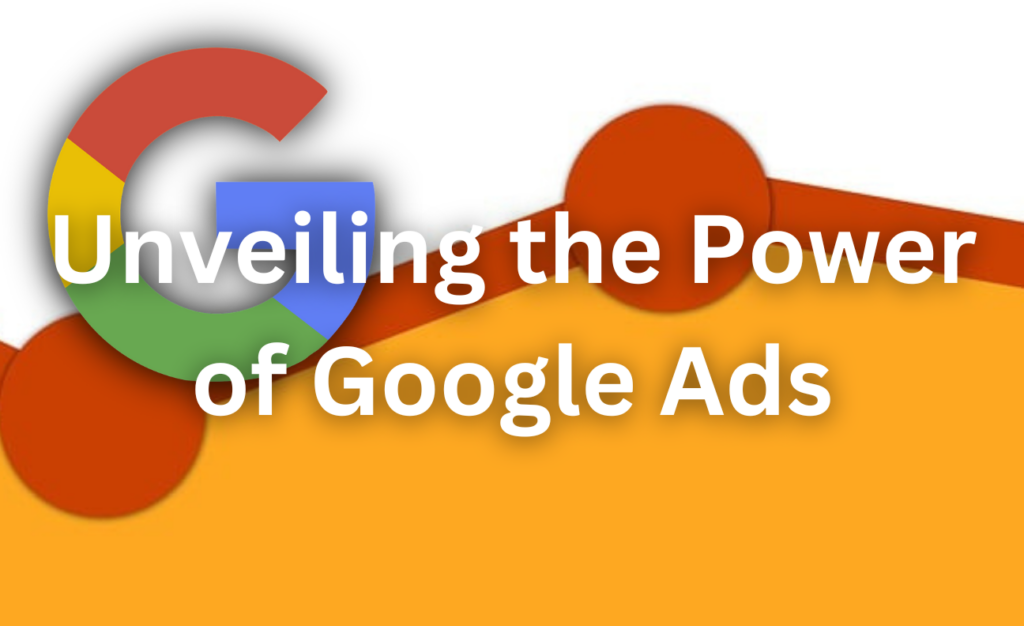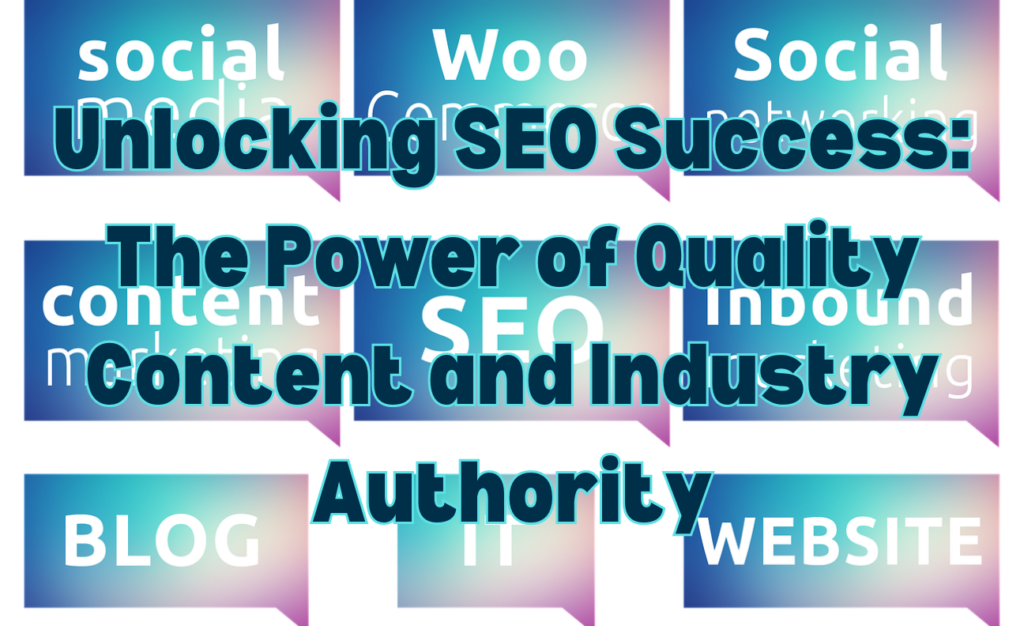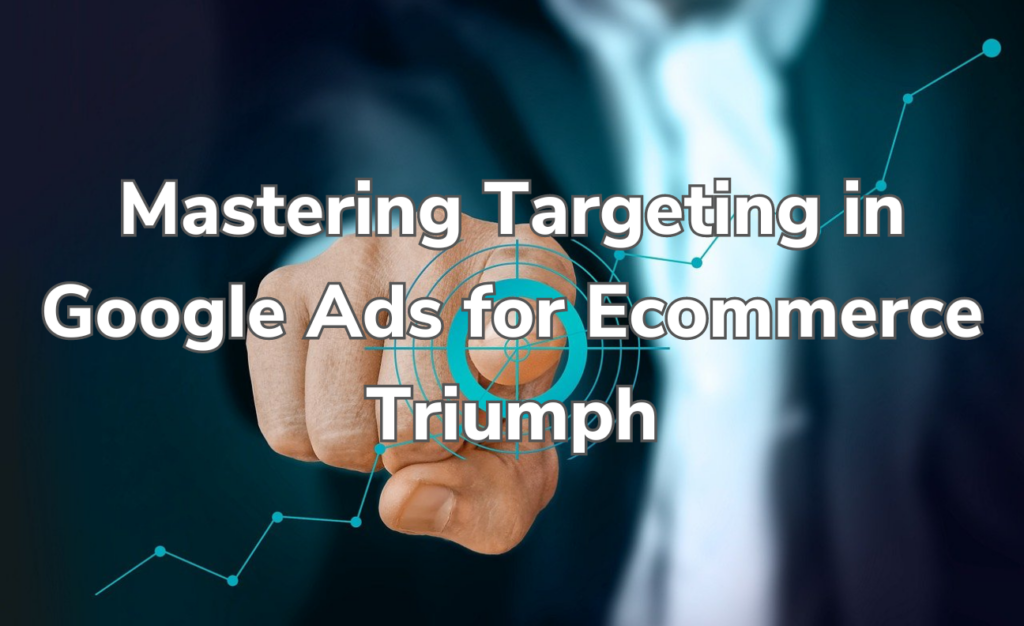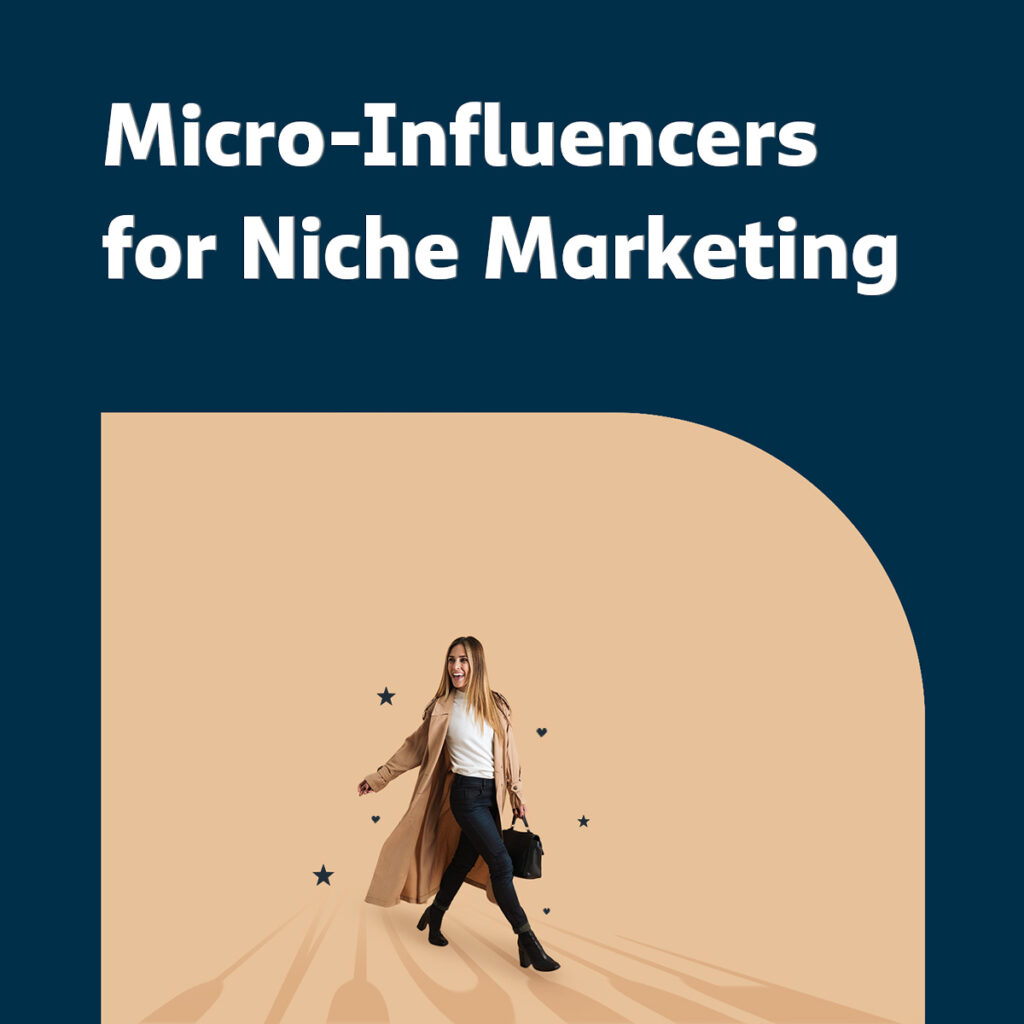[vc_row][vc_column][vc_column_text]
Tags – Authenticity in Business
The rise of digital content has affected the traditional industry in more than one way.
Apart from the more obvious diversion from print to digital to a great extent, the kind of content produced has also changed.
More specifically, we could not imagine unpolished print content. But, on the digital side, unpolished, authentic works are simply preferred. 57% against 36% according to research conducted among Instagram users for instance.
At a deeper level, this means far more.
Digital content feels more connecting and accessible. In other words, digital content feels more authentic, more real.
The Connection with Unpolished Content
What is a celebrity for you?
A famous person, a state of being well known.
If we go by definition, a celebrity is quite an accommodating term. But, the way we treat different celebrities is dependent on how we feel connected to them.
These days, a big YouTuber or an Instagram model is far bigger a celebrity than someone appearing on BBC One. These digital celebs have a bigger following and far more people show up to see them on a regular basis. As a result, this translates into more endorsement deals going to the digital influencers as compared to someone on TV.
Yet, most of these YouTubers and Instagram models produce minimally edited, polished content. And, as a result, the way we perceive these celebrities is far different. We feel a sense of accessibility.
You can drop a comment and may even get an answer. Or, you can simply tweet to them and increase your chances of getting a reply back.
Interestingly, modern TV and film celebrities have picked a similar role too. They interact with their fans and as a result, have a more active following.
But, there are still some traditional celebrities who stay away from digital mediums. And, some of them even proudly proclaim that they are not active on social media. (Well, your loss). As a result, these traditional celebrities are not as well known or pull the same kind of crowds.
And, businesses can learn a lot from this too.
Authenticity in Business
I am going to repeat myself again because you need to remember this: digital feels more personal and accessible.
Most brands do not require further evidence to utilise digital. But, it is good to provide further analysis that gives further backing to the decisions made.
In any case, we have examples of brands that adopted digital and dropped the polishing to feel more authentic. For example, Glamour Magazine.
Glamour, which has been around since 1939, dropped its publishing rate to twice a year, went digital-first, and started sharing authentic stories on its Instagram account to win a younger audience. Initially, there was quite an outcry for the drop in the publishing rate of Glamour. But, the change has paid off.
Just the British counterpart of Glamour has an Instagram following beyond 400,000. As a result, their website visits have gone up by 33%.
This translates to a total digital following of 8 Million people. Arguably, they are bigger than ever now with their reach, as well as growth potential.
On the other hand, similar magazines that did not adapt and survive make a long list. Cosmogirl, Gourmet, Metropolitan Home, Nickelodeon Magazine, PC Magazine, Men’s Vogue, Disney Adventures, and so on.
Put simply, your customers want a more authentic engagement. And, digital is your way forward of achieving it.
To learn more, get in touch with us today.[/vc_column_text][/vc_column][/vc_row]










